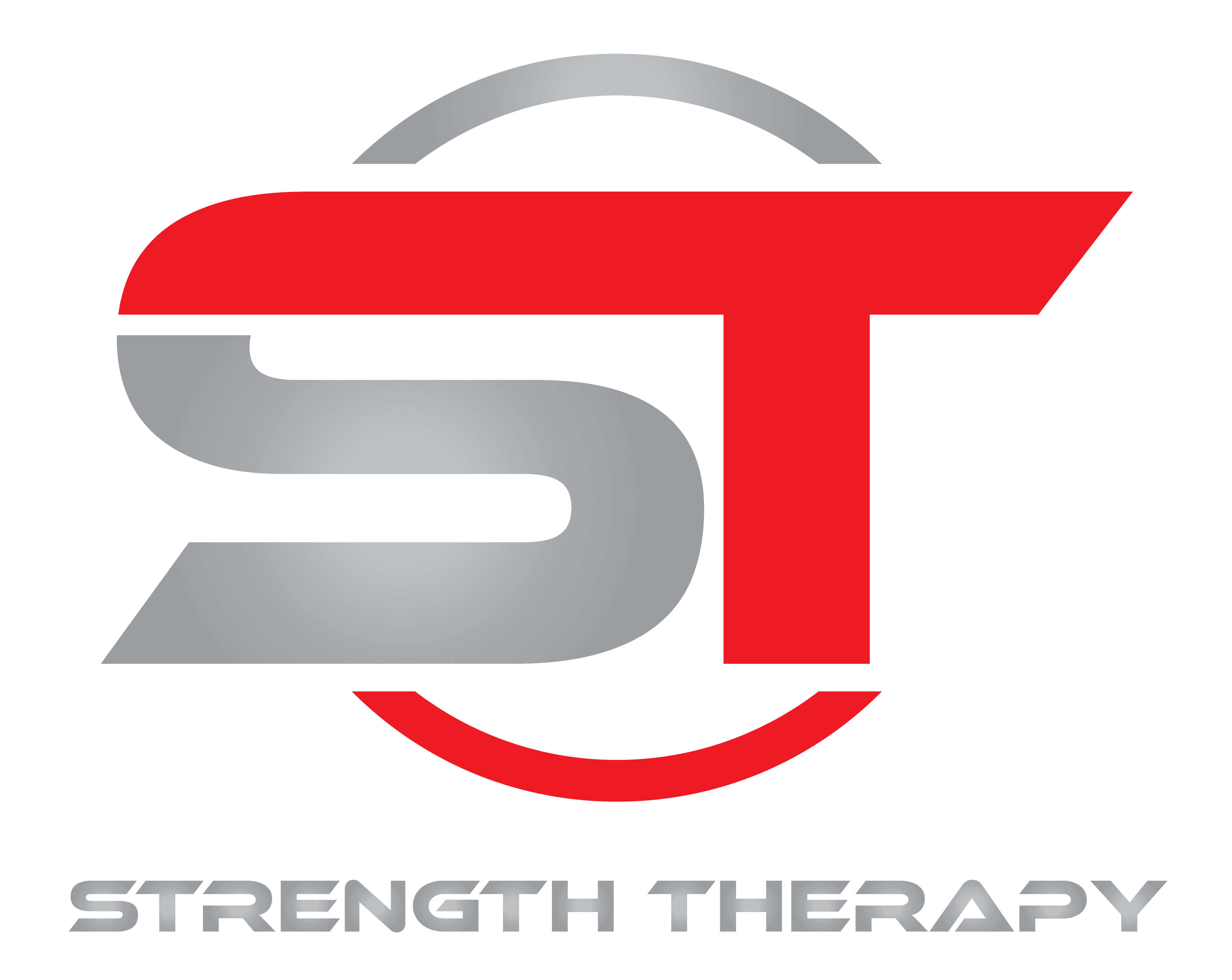Golf is not just a sport; it’s a pursuit that demands precision, skill, and physical fitness. Whether you’re a weekend warrior or a seasoned professional, incorporating physical therapy into your golf regimen can significantly impact your performance and longevity on the course. In this blog post, we’ll explore the benefits of golf physical therapy, with a special focus on the effectiveness of TPI (Titleist Performance Institute) movement and strength screenings.
The Role of Physical Therapy in Golf:
- Injury Prevention: Golf places unique stresses on the body, especially the spine, shoulders, and hips. Physical therapy can help identify and address potential issues before they escalate into injuries. Strengthening key muscle groups and improving flexibility can reduce the risk of common golf-related injuries.
- Improved Range of Motion: Golf swings require a wide range of motion, and restrictions in flexibility can hinder performance. Physical therapy interventions, such as targeted stretching and exercises, can enhance flexibility and ensure that golfers can achieve the optimal range of motion during their swings.
- Enhanced Strength and Power: A powerful and controlled golf swing requires strength in specific muscle groups. Physical therapy programs tailored to golfers can focus on building strength in the core, legs, and upper body. This not only improves swing power but also contributes to overall physical fitness.
The TPI Advantage:
Titleist Performance Institute has revolutionized the way golfers approach physical fitness. TPI’s movement and strength screenings are designed to evaluate an individual’s physical condition in relation to the golf swing. Here’s how TPI adds value to golf physical therapy:
- Customized Programs: TPI screenings identify specific areas of weakness or imbalance that may be affecting a golfer’s swing. Based on these assessments, physical therapists can create personalized exercise programs to address individual needs, targeting key muscle groups and movement patterns.
- Functional Movement Analysis: TPI emphasizes a functional movement approach, recognizing that golf is not just about strength but about how the body moves. Through detailed movement analyses, therapists can identify any compensations or restrictions in a golfer’s natural movement patterns.
- Incorporating Golf-Specific Exercises: TPI-certified therapists are trained to integrate golf-specific exercises into their programs. These exercises mimic the demands of the golf swing, ensuring that improvements in strength and flexibility directly translate to enhanced performance on the course.
Conclusion:
Golf physical therapy, especially when complemented by TPI movement and strength screenings, offers golfers a strategic advantage in optimizing their performance and extending their longevity in the game. By addressing individual needs and focusing on golf-specific movements, players can unlock their full potential and enjoy the game with reduced injury risks.
Whether you’re a seasoned golfer or just starting, investing in golf physical therapy and leveraging TPI screenings can be a game-changer. Take the proactive step toward better performance and longevity on the golf course – your swing will thank you!


